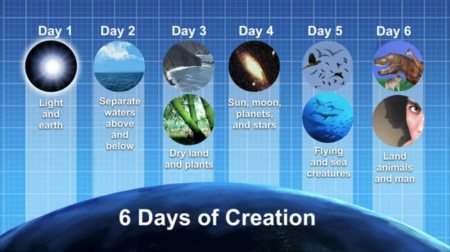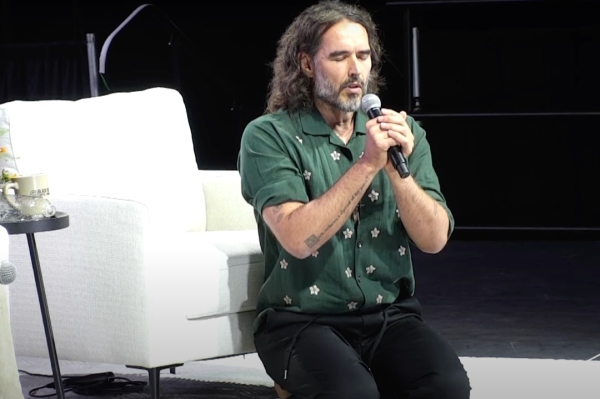Less Than 10 Percent of Brits, Minority of Canadians Back Creationist View, Reject Evolution

Less than 10 percent of British people, and only 15 percent of Canadians believe in the Creationist view that God created humans in their present form, a survey has found.
The Newman University/YouGov survey, released on Tuesday, noted that 71 percent of people in the U.K. and another 60 percent of respondents in Canada accept evolutionary or theistic evolutionary accounts of how species on Earth came to be.
When it came to the Creationist position that "humans and other living things were created by God and have always existed in their current form," only 9 percent of Brits said that they agree with it, along with 15 percent of Canadians.
The study explained that its purpose was to "build a better understanding of public levels of acceptance or rejection of evolutionary science, how members of the general public view the relationship between evolution and religion, and by extension science and religion."
The poll took in answers from 2,129 U.K. adults between May 12–June 6, along with 2,009 Canadians between May 17–June 12.
The survey also found that there was not much conflict in people who identified as religious or spiritual when it comes to reconciling evolutionary science with their personal beliefs, with only 19 percent of Brits and 29 percent of Canadian believers admitting any difficulties.
Professor Fern Elsdon-Baker, Director of the Science and Religion: Exploring the Spectrum project, said it's 'encouraging' that the majority in both countries accept evolution.
"Both religious and non-religious people are more likely than not to find it easy to accept evolutionary science in relation to their own beliefs."
He said that atheists and non-religious adults showed similar levels of doubt when it comes to evolutionary science, however.
"It appears, rejection of or uncertainty about aspects of human evolution is not necessarily an issue of 'religion versus evolutionary science,' but an issue of universal questions around what it is to be human and about the human experience that affect all of us, across those of all faiths and none," he added.
"This fundamentally challenges the way we tend to think about evolution and creationism."
Beliefs about the origin of humankind remain much more split in the U.S., though the Creationist view has also been declining in recent years, a Gallup poll from May showed.
The survey found that 38 percent of Americans believe God created humans in their present form, and the same percentage argued that humans evolved, with God guiding the process.
Nineteen percent said that humans developed over millions of years, without God being part of the process.
Creation groups in the U.S., such as Ken Ham's Answers in Genesis, have been strongly critical of Christians who accept evolution, however.
"Many Christians are no longer allowing God's Word to be the authority, and are exalting man's fallible word over Scripture. We see this clearly when man's beliefs of millions of years and evolution are forced into the book of Genesis — the very foundation of Scripture and doctrine," Ham argued back in January.
"It's no wonder many in this church generation have embraced gay 'marriage,' abortion, premarital sex, and other things Scripture speaks strongly against. Scripture is no longer their authority — man's word is. As a result, we are seeing a generational loss from the Church," he added.





















